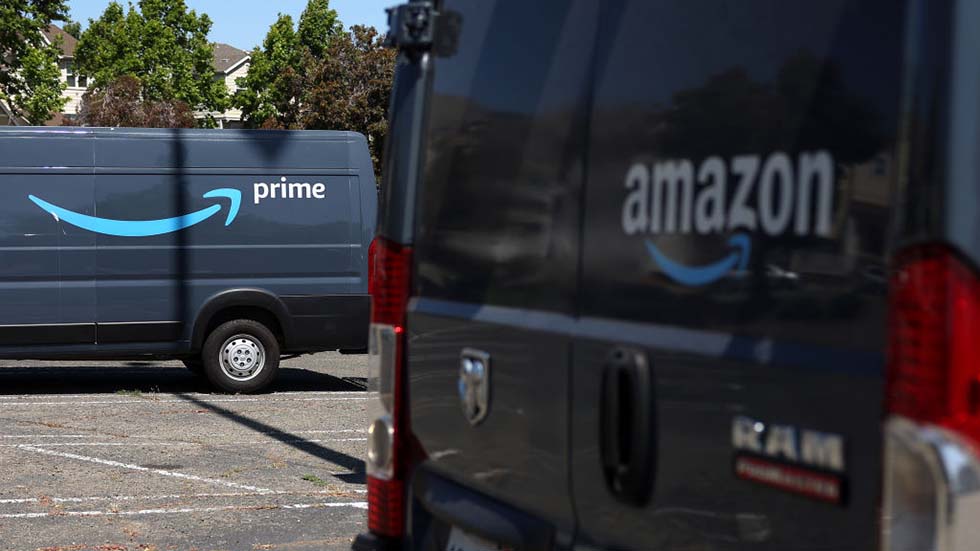FTC Sues ‘Monopolist’ Amazon
Complaint cites interlocking businesses including Prime Video

The smarter way to stay on top of the streaming and OTT industry. Sign up below.
You are now subscribed
Your newsletter sign-up was successful
Amazon’s bundling of multiple services, including its Prime Video streaming service, has drawn the ire of the Biden administration, which said the company has almost singlehandedly monopolized the online retail market and wants a court to remedy that through potential forced divestitures, monetary relief and more.
The Federal Trade Commission, joined by 17 attorneys general, filed suit Tuesday (September 26) against the Big Tech behemoth, charging that the online retail and tech company “is a monopolist that uses a set of interlocking anticompetitive and unfair strategies to illegally maintain its monopoly power.”
“Amazon fuses together a wide assortment of unrelated services ranging from streaming video, music and gaming to prescription drugs and more to the unlimited shipping services included in Prime — and through it, to Amazon’s monopoly online superstore,” the FTC said in a complaint filed with the U.S. District Court for the Western District of Washington.
“This case is about the illegal course of exclusionary conduct Amazon deploys to block competition, stunt rivals’ growth and cement its dominance,” the FTC said.
The FCC is asking the court to break up that monopoly, asking it to “put an end to Amazon's illegal course of conduct, pry loose Amazon's monopolistic control, deny Amazon the fruits of its unlawful practices and restore the lost promise of competition.”
The Computer & Communications Industry Association, an industry group whose whose members include Amazon, fired back at the suit.
“In an environment of ever-rising prices and persistent product scarcity, the FTC is bringing a case against a wildly popular brand best known for getting low-priced goods to your doorstep, by tomorrow,” CCIA said. “This case is out of touch with the concerns of everyday consumers.
The smarter way to stay on top of the streaming and OTT industry. Sign up below.
“Smart antitrust policy happens when regulators focus on consumer harm, rather than targeting innovative sectors where customers are satisfied,” the group continued. “The FTC’s case would result in fewer products to choose from, higher prices for consumers and reduced options.”
When FTC chair Lina Khan was sworn in in June 2021, more muscular oversight of Big Tech and tougher antitrust enforcement appeared to be in the offing, given her history of criticizing the market power of Big Tech.
Khan was the lead counsel on a House Antitrust Committee investigation into Google, Facebook, Amazon and Apple that concluded that those companies had captured control of key distribution channels and function as internet gatekeepers, including by buying up potential competitors.
Contributing editor John Eggerton has been an editor and/or writer on media regulation, legislation and policy for over four decades, including covering the FCC, FTC, Congress, the major media trade associations, and the federal courts. In addition to Multichannel News and Broadcasting + Cable, his work has appeared in Radio World, TV Technology, TV Fax, This Week in Consumer Electronics, Variety and the Encyclopedia Britannica.

